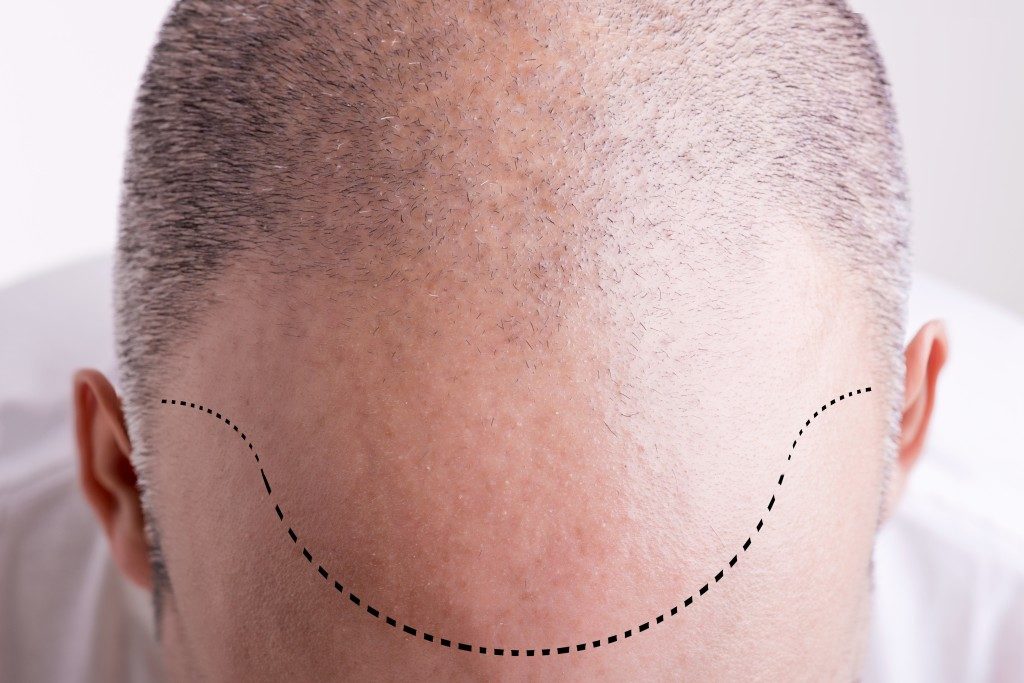Smiling is an essential part of everyday life regarding physical and psychological health. While it may seem like a subtle gesture, even the slightest smile can affect our mood and well-being. Studies have shown that smiling can not only reduce stress levels and improve mental health but also has a positive effect on relationships and social interactions.
Studies conducted by the University of Kansas have concluded that people naturally tend to gravitate toward others who are smiling, as smiles often signal feelings of warmth and trustworthiness. This was further confirmed by a study published in Psychological Science which demonstrated that people were more likely to trust someone with a genuine smile than with a neutral facial expression. The same study also suggested that simply seeing another person’s smile activates areas in the brain associated with reward processing, indicating that we all get some internal reward when we see happy facial expressions.
But why are smiles so crucial for people’s mental health? In essence, smiles send out a message that everything is ok. Research has repeatedly proven that those who rarely smile or express emotions on their face are more vulnerable to negative emotions such as depression or anxiety. This could be because frowning generates negative feedback loops – people frown because they feel negative emotions. That, in turn, makes them wither even more – trapping people in a cycle without any hope of escape unless they consciously choose to break it by smiling.
However, you might not feel confident about your smile. That doesn’t mean you can’t work on it and make it better. Here are a few tips to help you with the process.
Proper Dental Hygiene
Good dental hygiene is vital for those who wish to have an improved smile. Proper brushing and flossing can help keep your teeth free from plaque, which can lead to tooth decay, bad breath, and discoloration. Brushing at least twice daily with a soft-bristled toothbrush and fluoride toothpaste is essential. Flossing should also be done daily to remove food particles, and plaque stuck between the teeth. Regular visits to the dentist are also crucial for proper oral hygiene as they can detect and treat any early signs of decay or disease before they become more serious.
In addition, regular dental checkups may be necessary if you want to get your desired smile. During these visits, your dentist can assess your teeth comprehensively and recommend cosmetic procedures such as veneers or whitening treatments to improve your smile. Depending on the severity of the damage or discoloration to your teeth, dentists may suggest veneers to cover up any signs of decay or discoloration and restore the natural shape of your teeth. Teeth whitening treatments are also available if you want to brighten your smile.
Healthy Lifestyle Changes

What you eat can also affect the health of your teeth. Eating a balanced diet and avoiding sugary drinks and snacks will help keep your teeth strong and healthy. Sugary snacks are sticky, which can cling to your teeth longer and increase the risk of tooth decay. In addition, red wine, coffee, juices, dark sodas, or teas can stain your teeth if consumed frequently; it’s important to limit these drinks if you want to maintain a bright smile.
Finally, taking good care of yourself for optimal physical and mental health is essential. Getting enough sleep, exercising regularly, managing stress levels, adopting healthier eating habits, and practicing relaxation techniques such as yoga or meditation can improve your overall well-being, including your smile.
Dental Procedures
Professional dentists may sometimes recommend cosmetic dental procedures to improve and enhance your smile. These treatments can help restore your teeth’ natural beauty and shape and improve oral health. During these treatments, your dentist can identify any underlying issues with your teeth and then recommend the best course of action accordingly. These treatments include veneers, crowns, bridges, and implants – all considered safe and effective ways to improve your smile.
You can also get All-on-4 dental implant procedures to replace missing teeth. This highly successful option can replace your entire upper or lower row of teeth, giving you a natural-looking smile. Many dental insurance policies now cover this procedure, making it more affordable and accessible to those who need it.
Final Thoughts
Smiling is essential for physical and mental health. It can reduce stress levels, improve our moods, make us more approachable and strengthen relationships and social connections. There are various ways to achieve a great smile, from practicing proper dental hygiene to making lifestyle changes or getting cosmetic treatments done.
No matter your situation, you can improve your smile with the correct practices and professional help. Keep these tips in mind, and you’ll be well on achieving a healthier and brighter smile!







